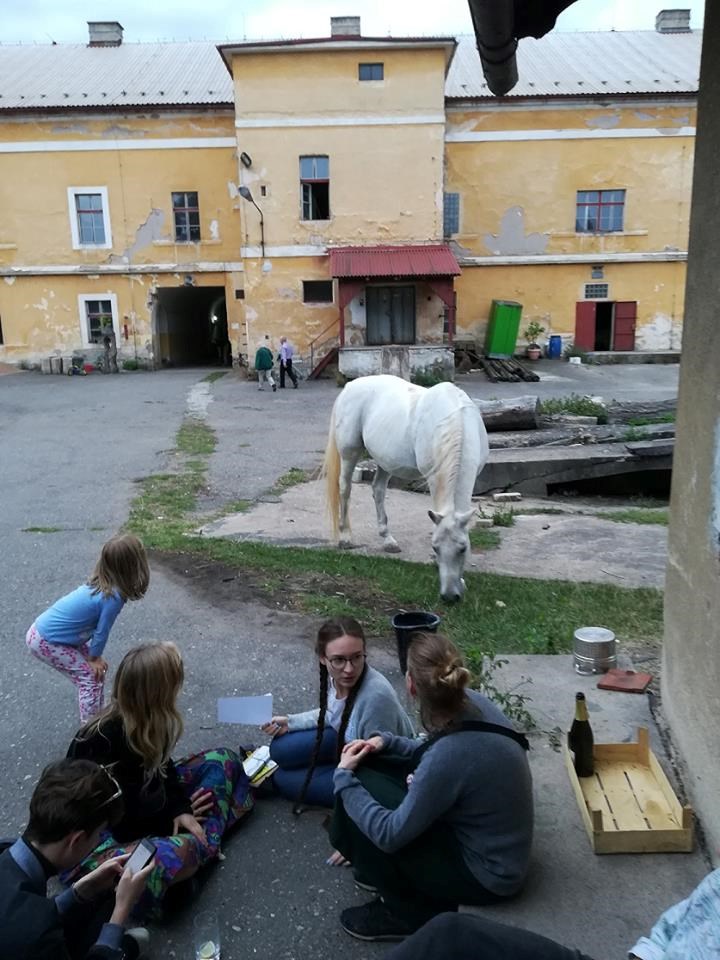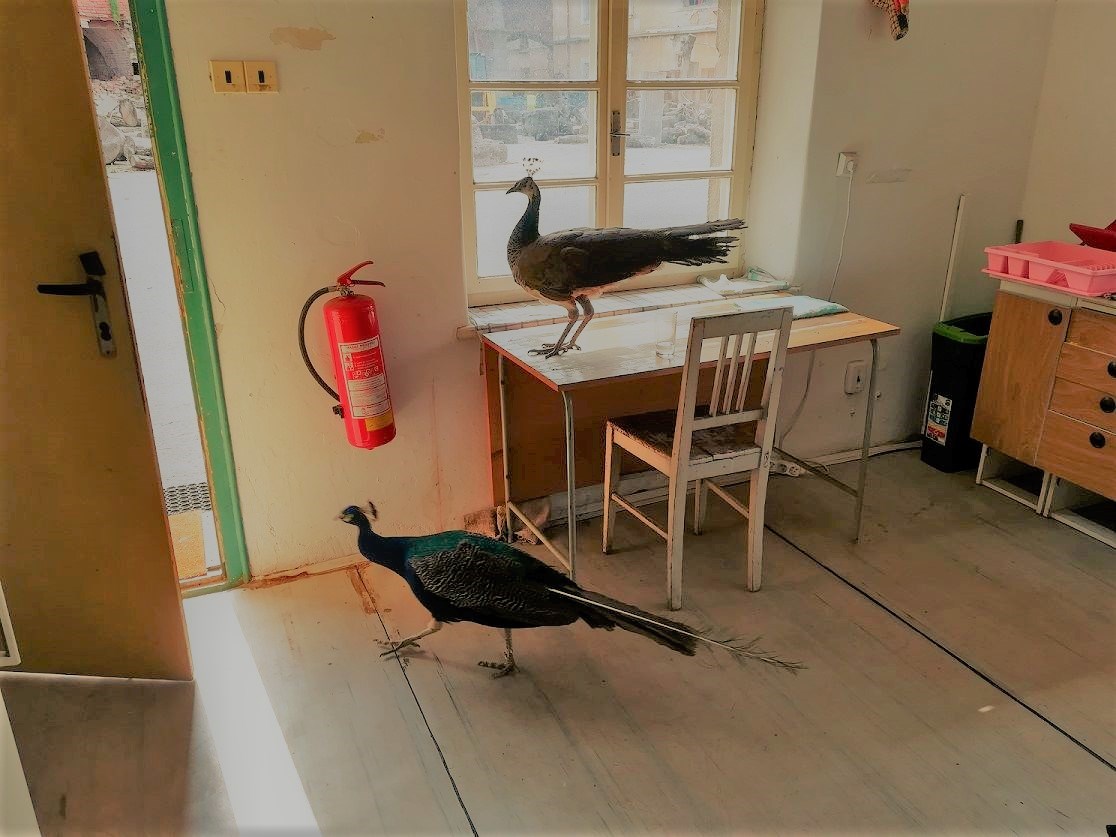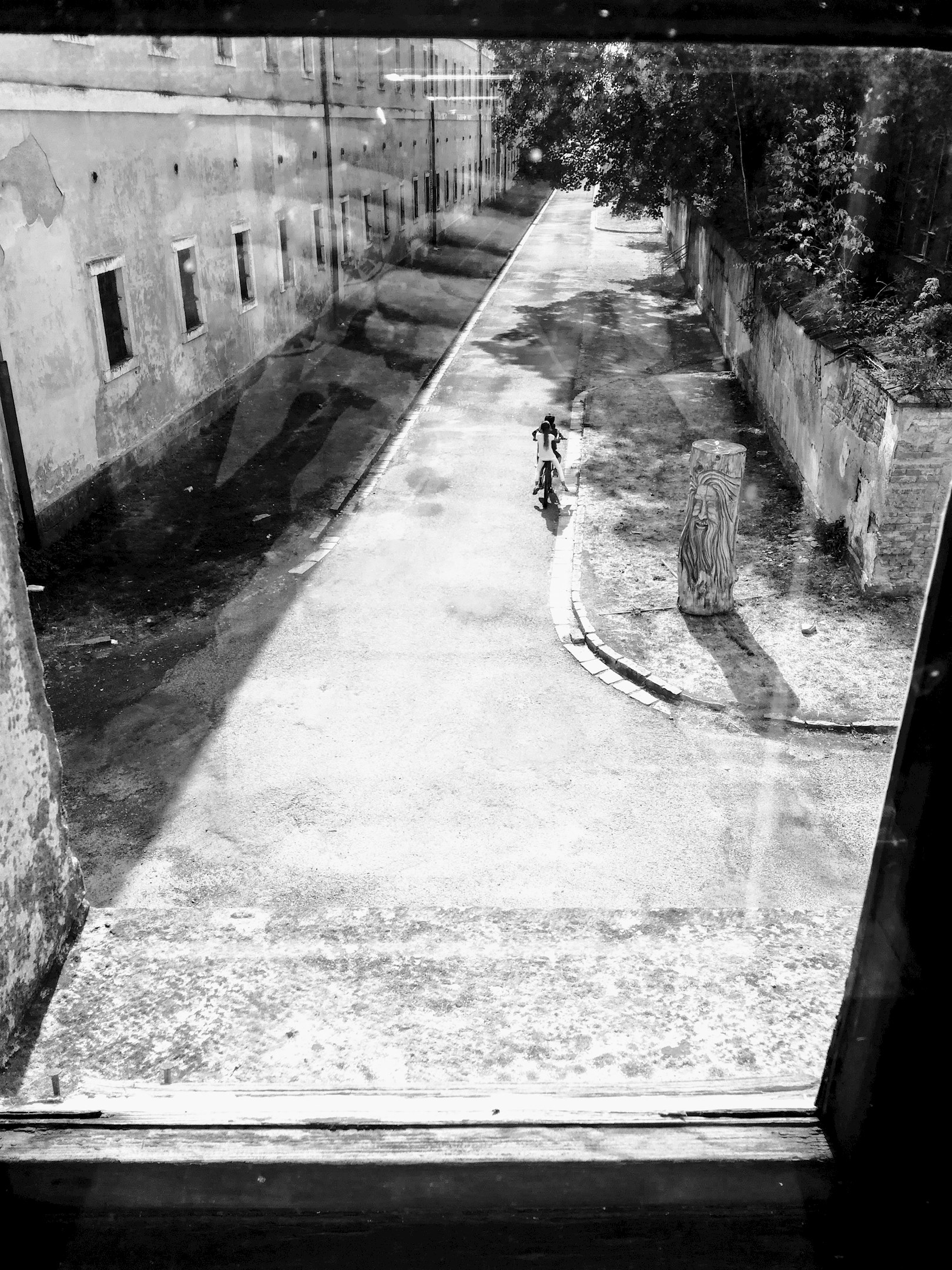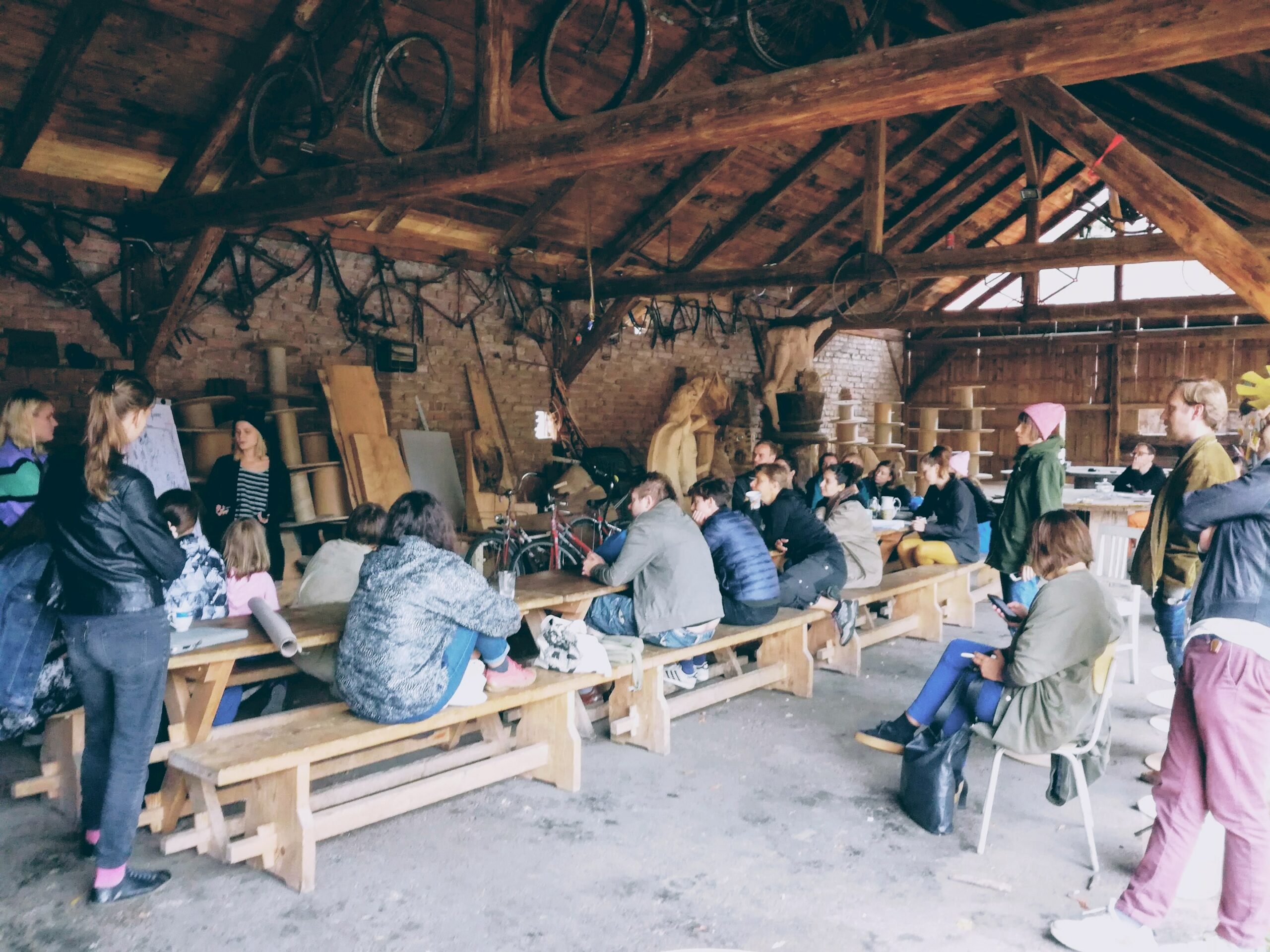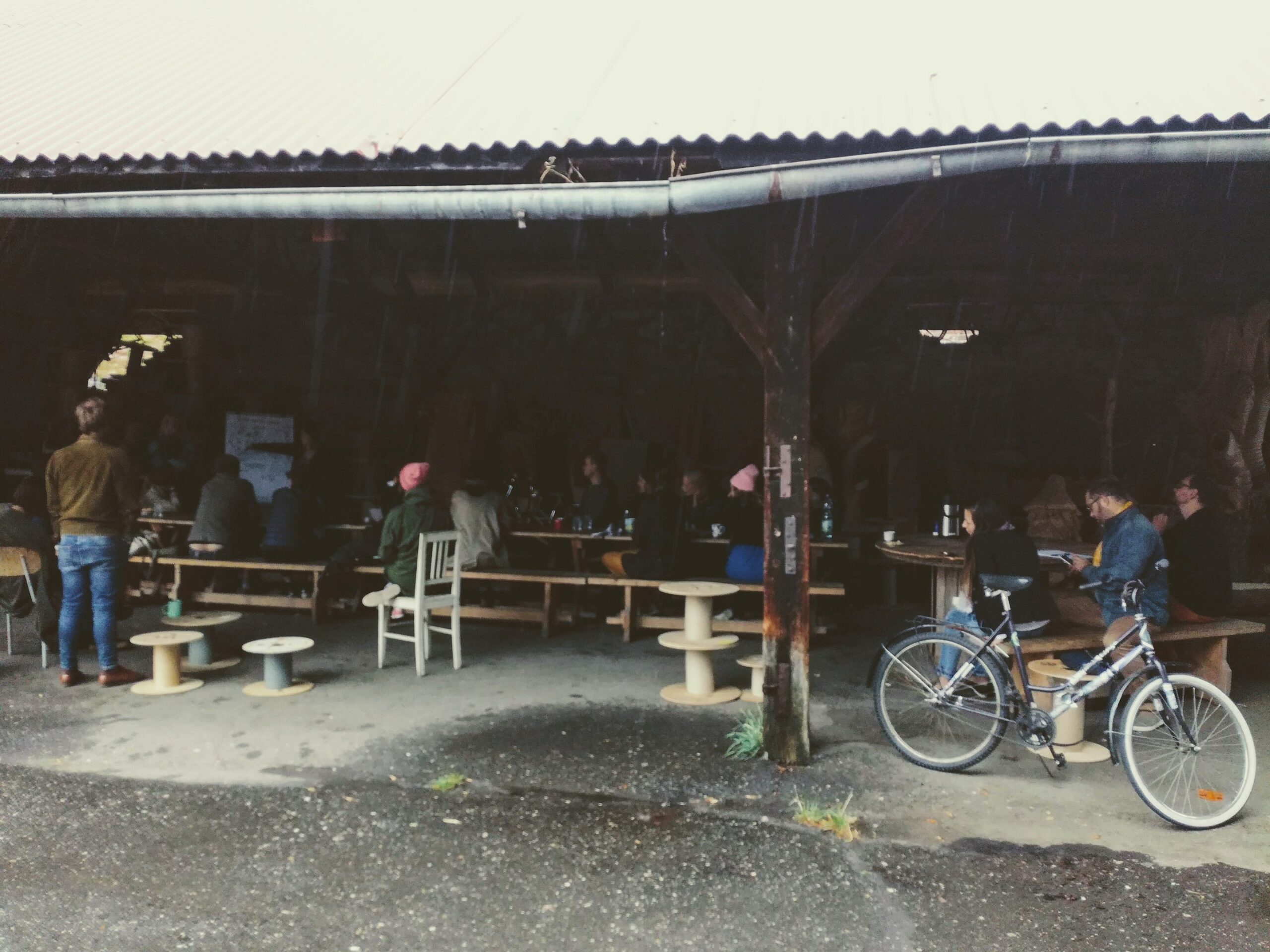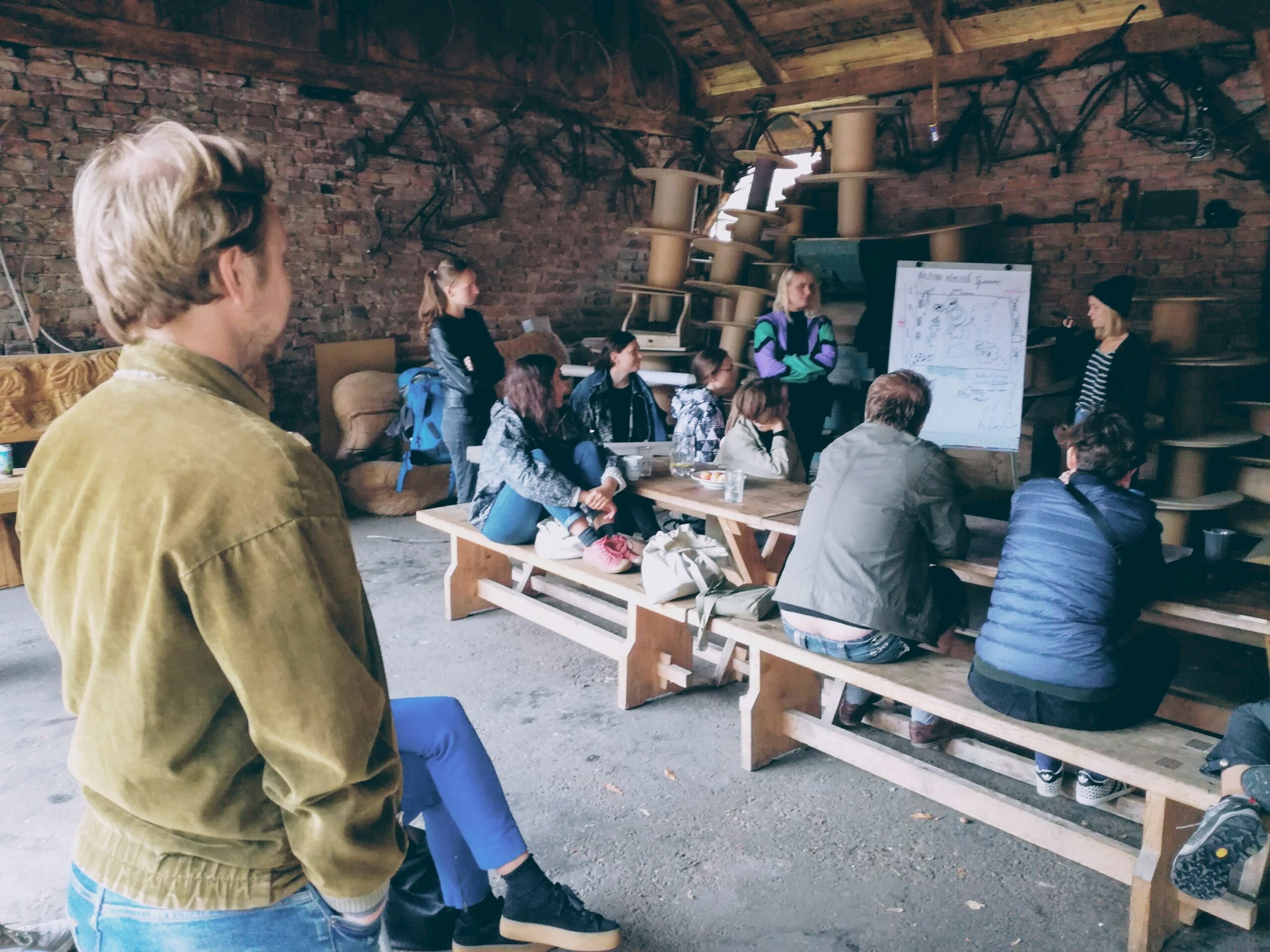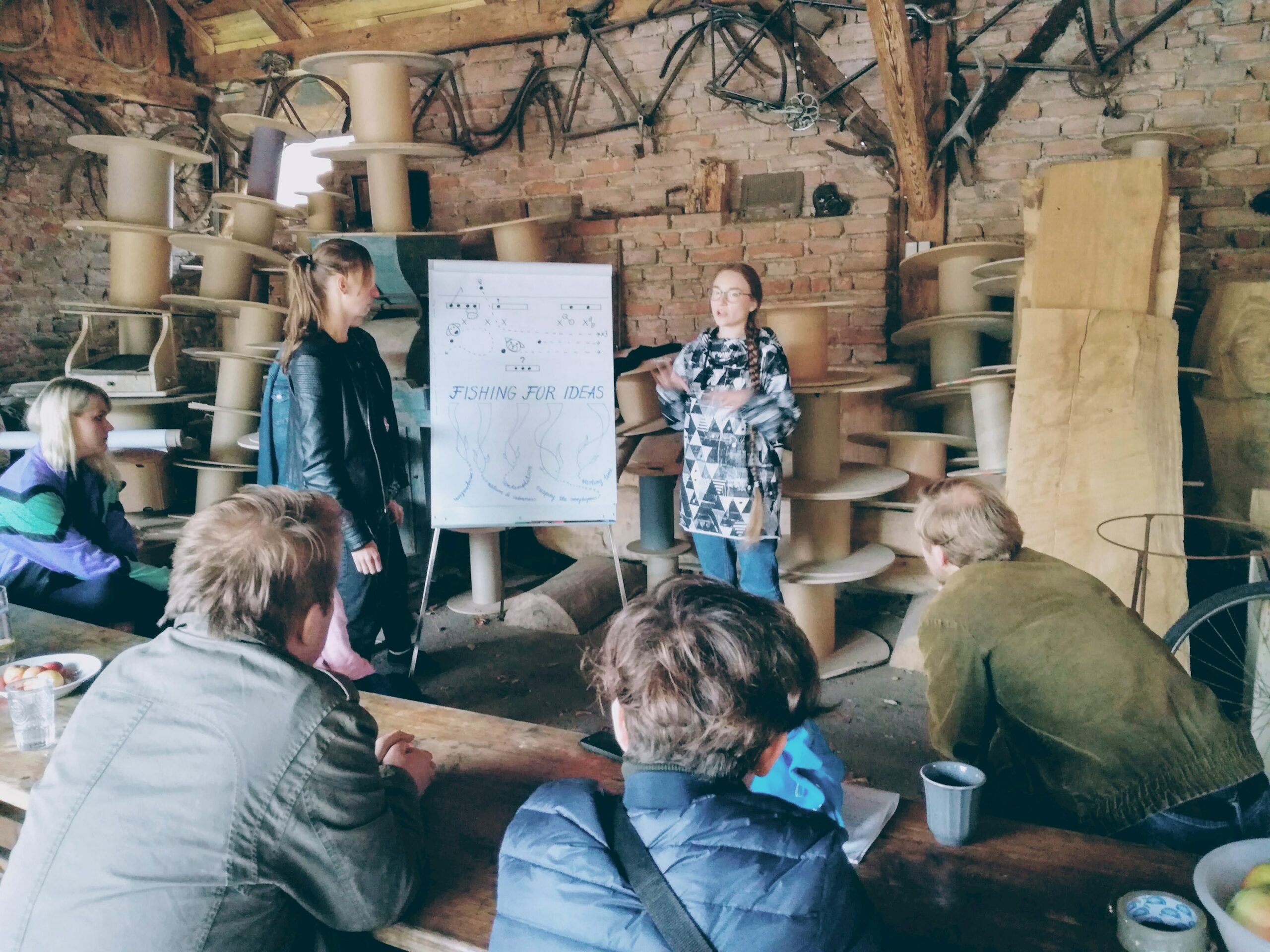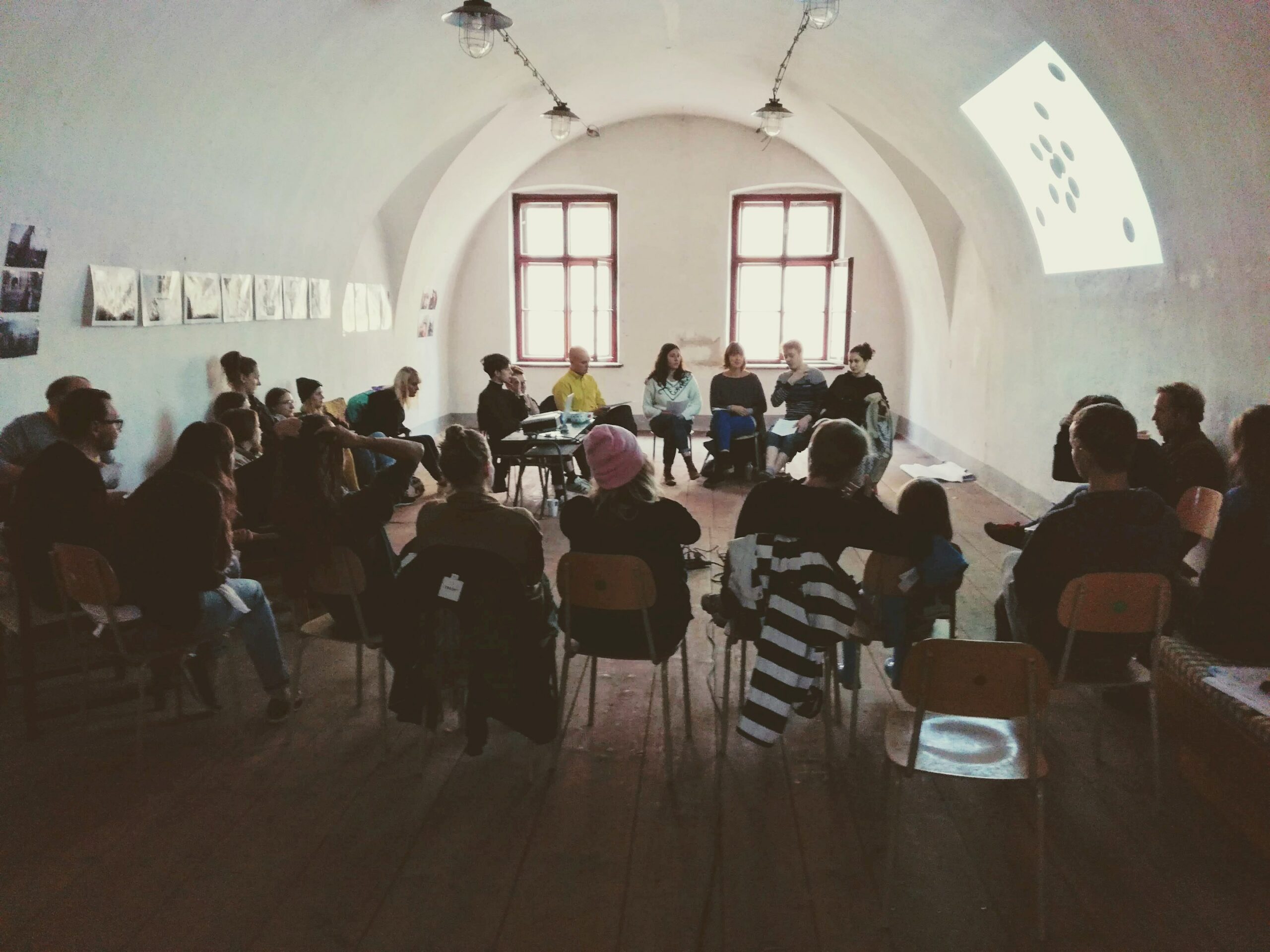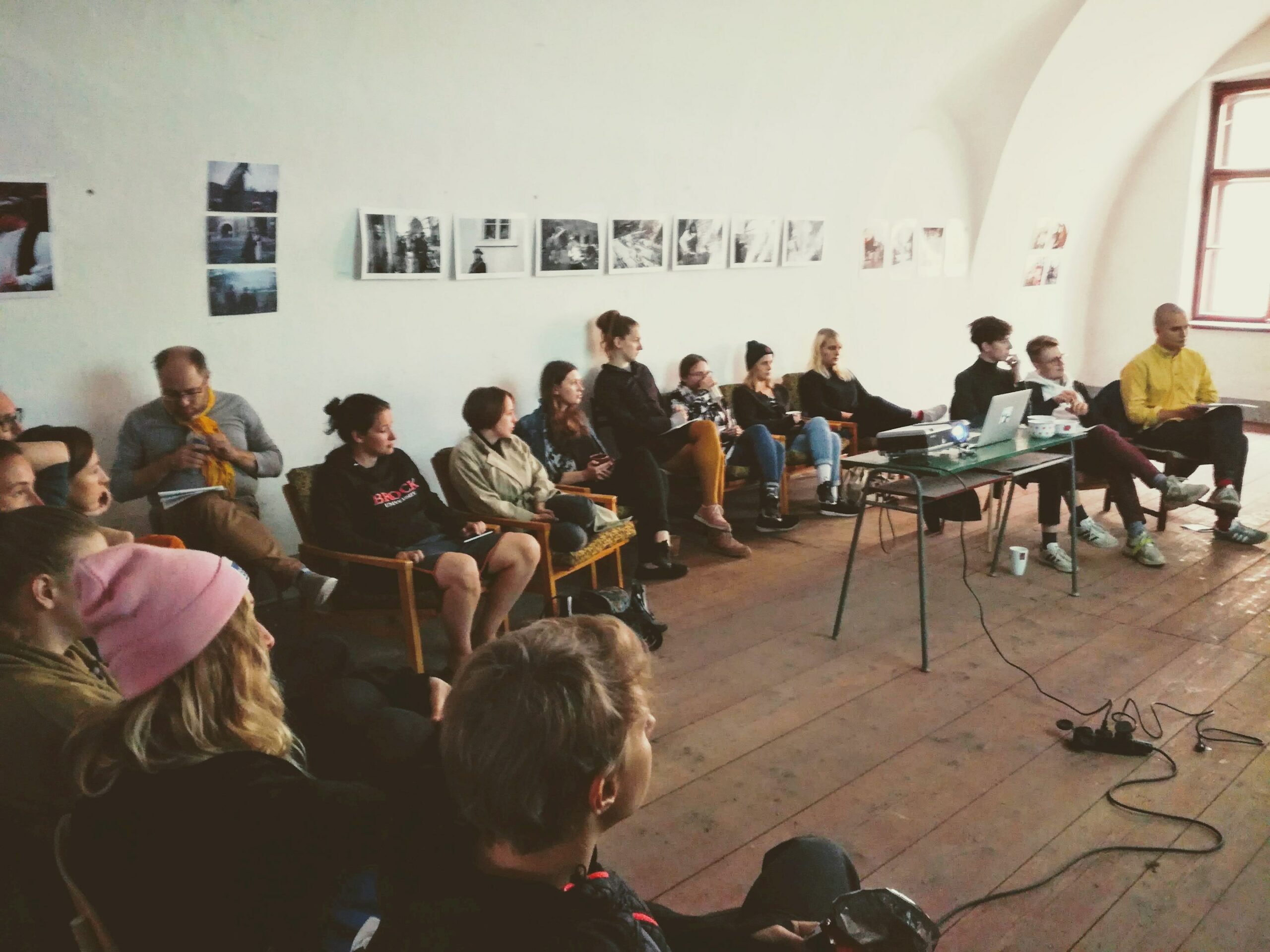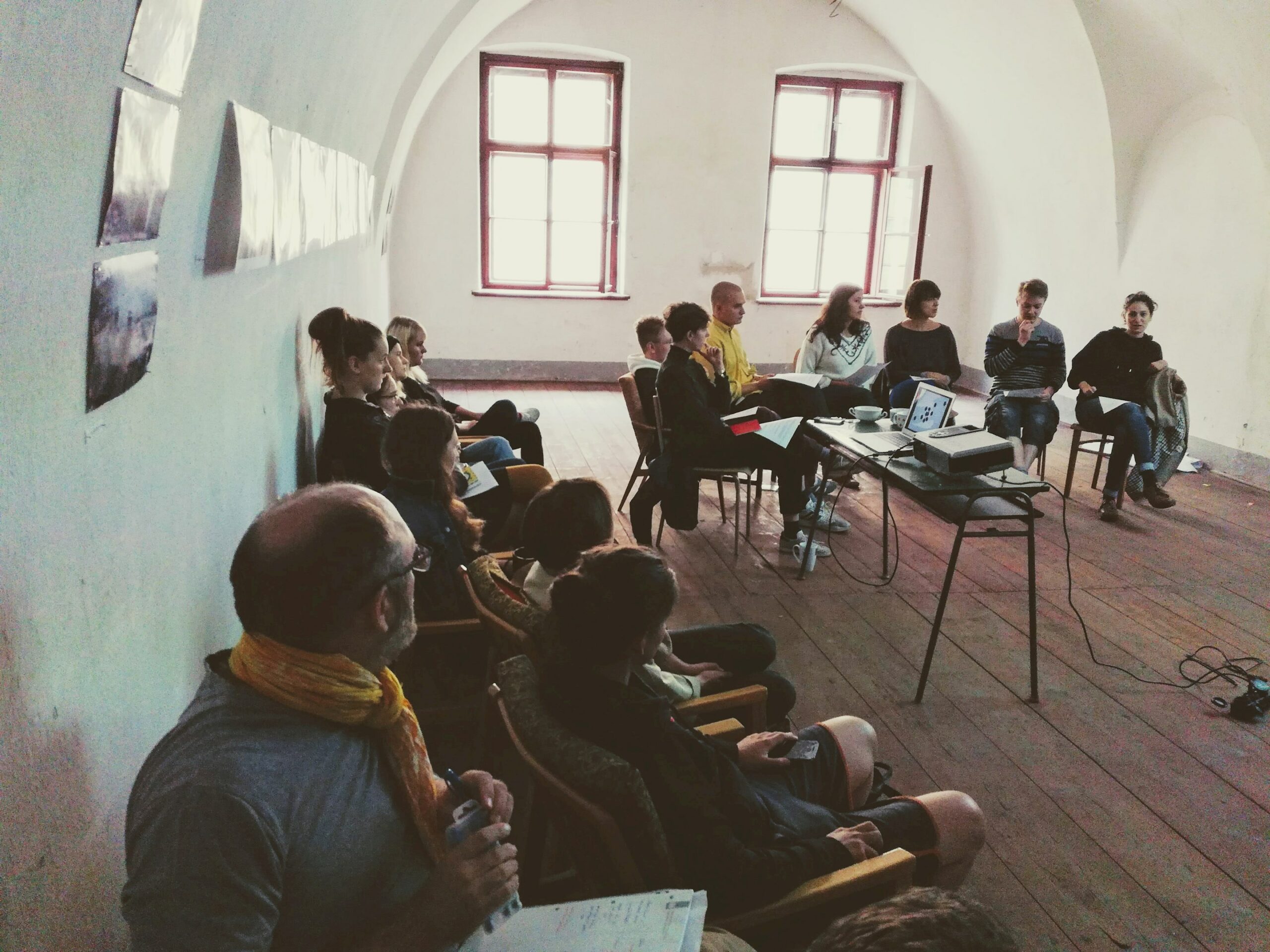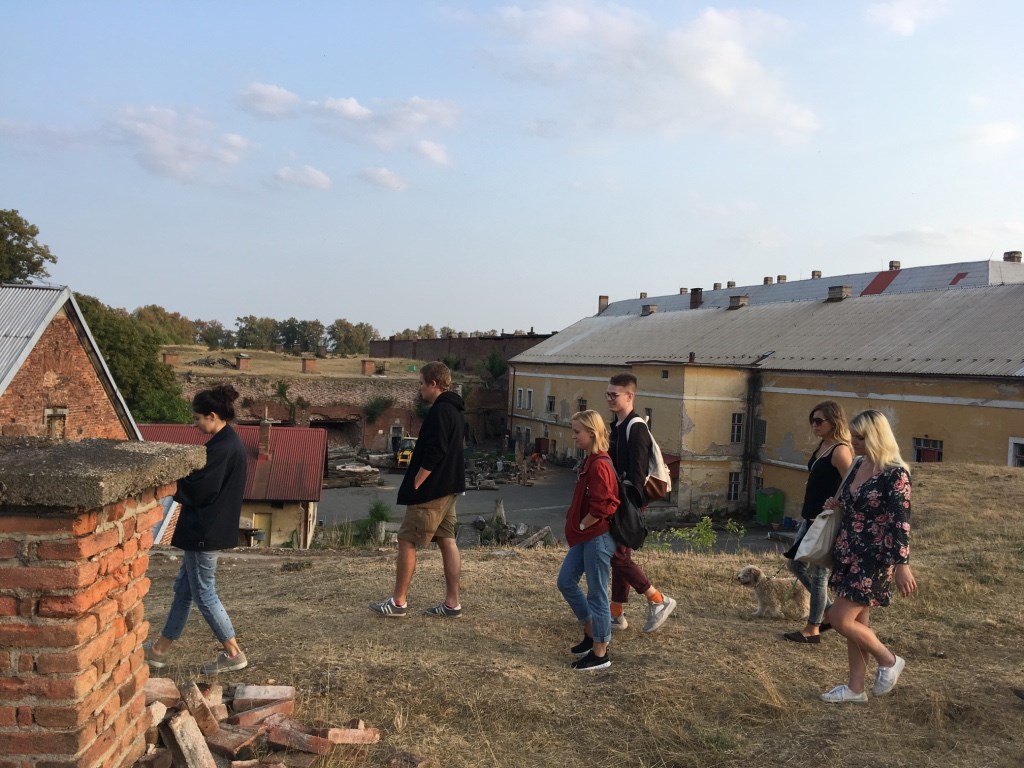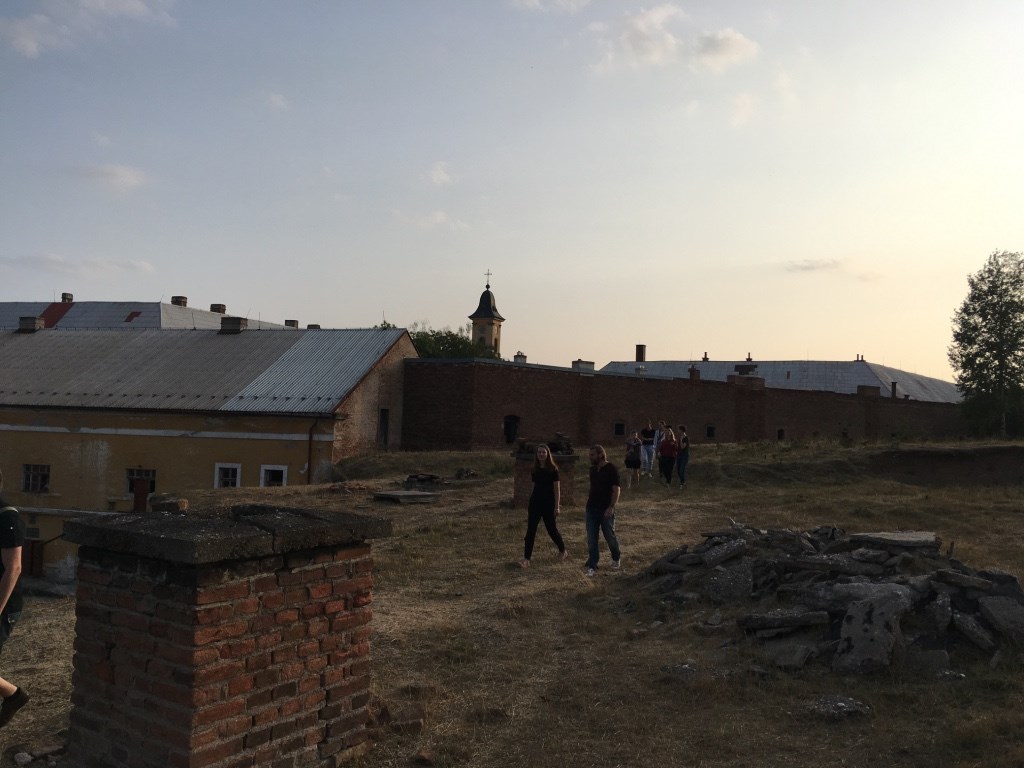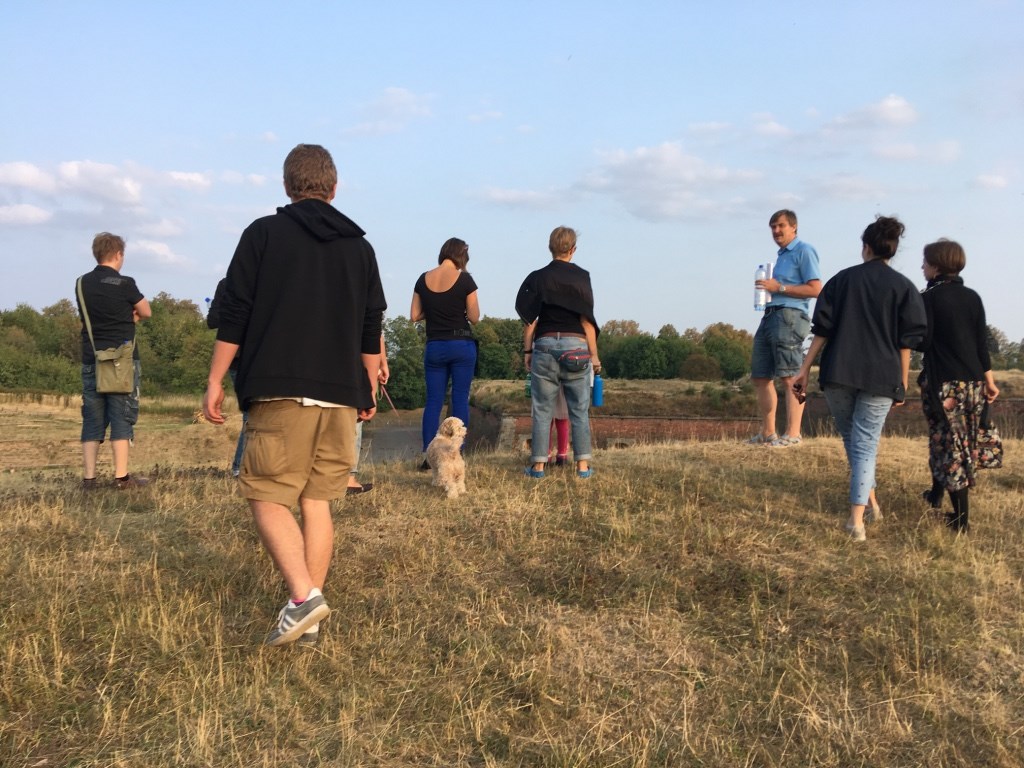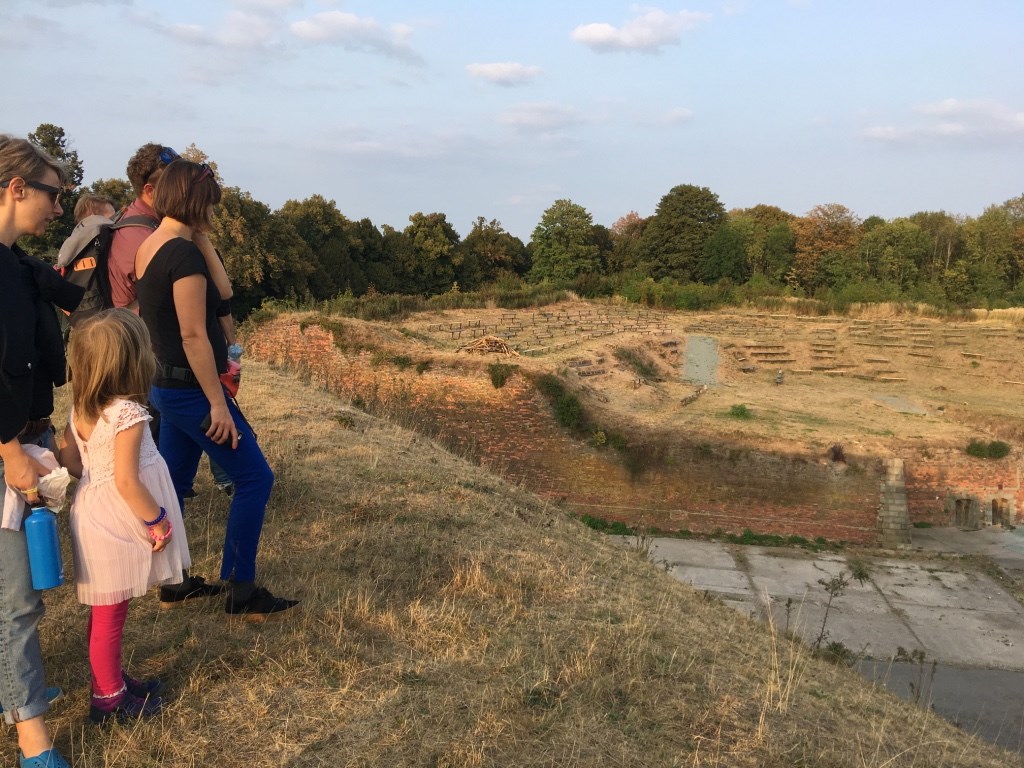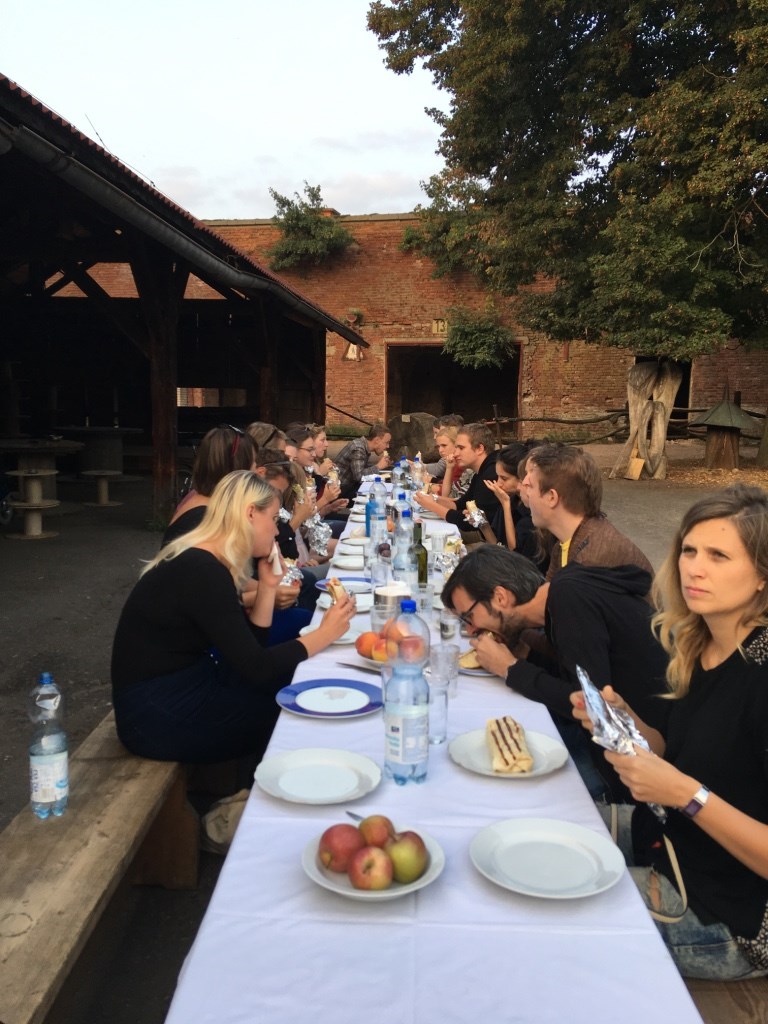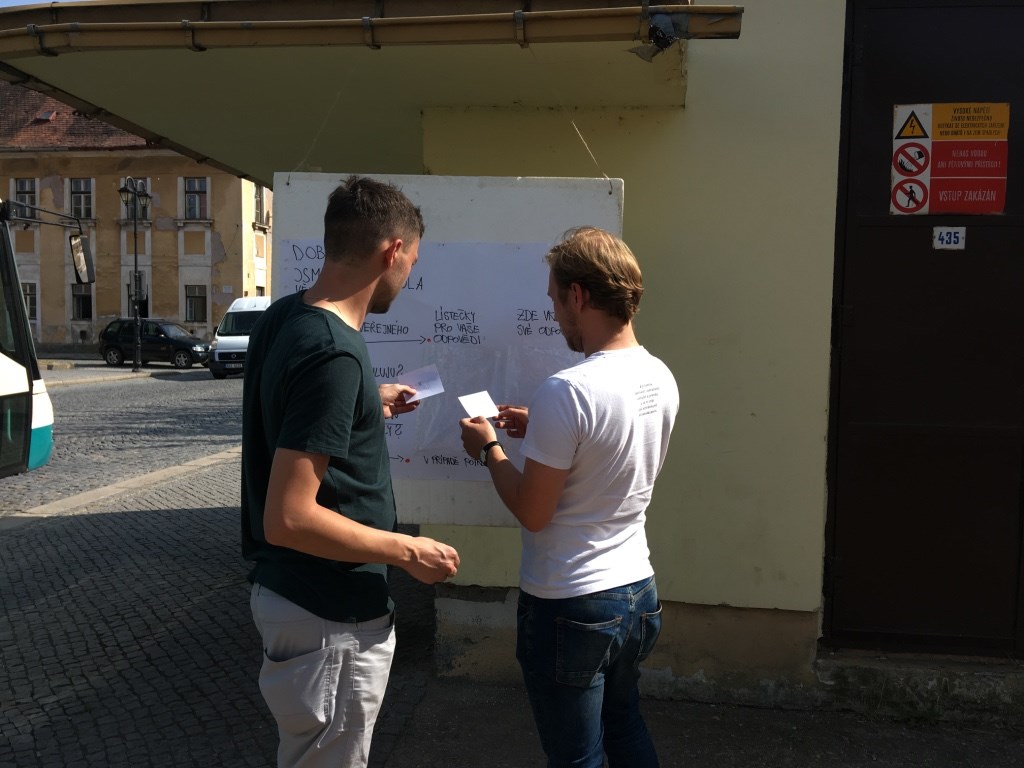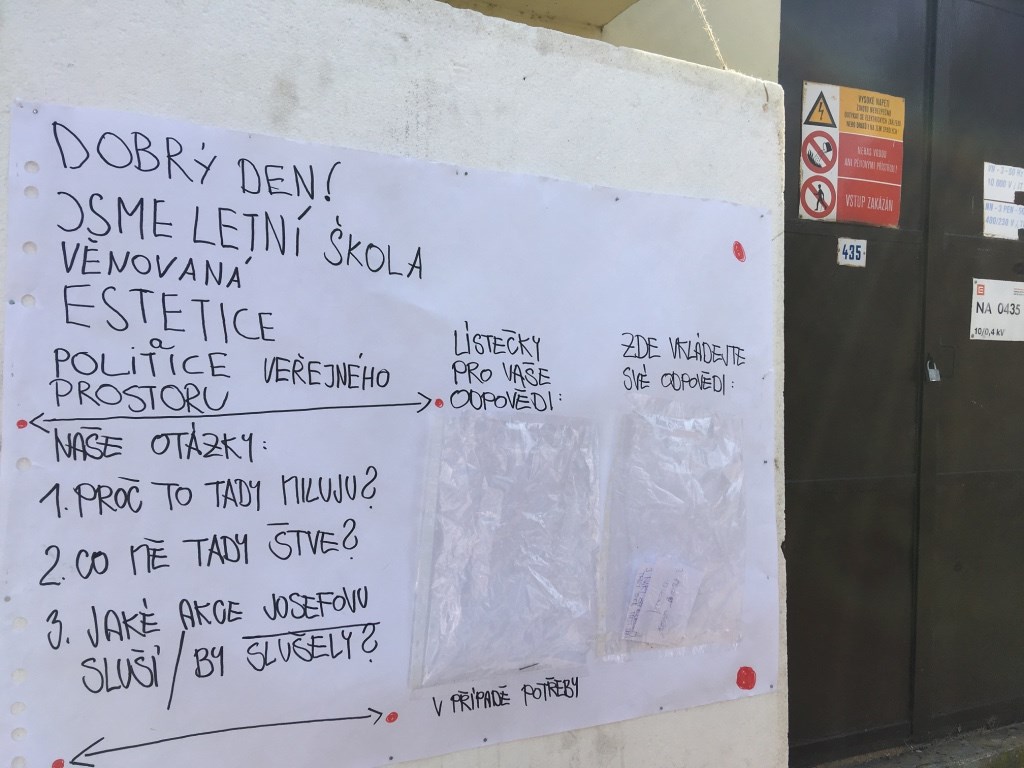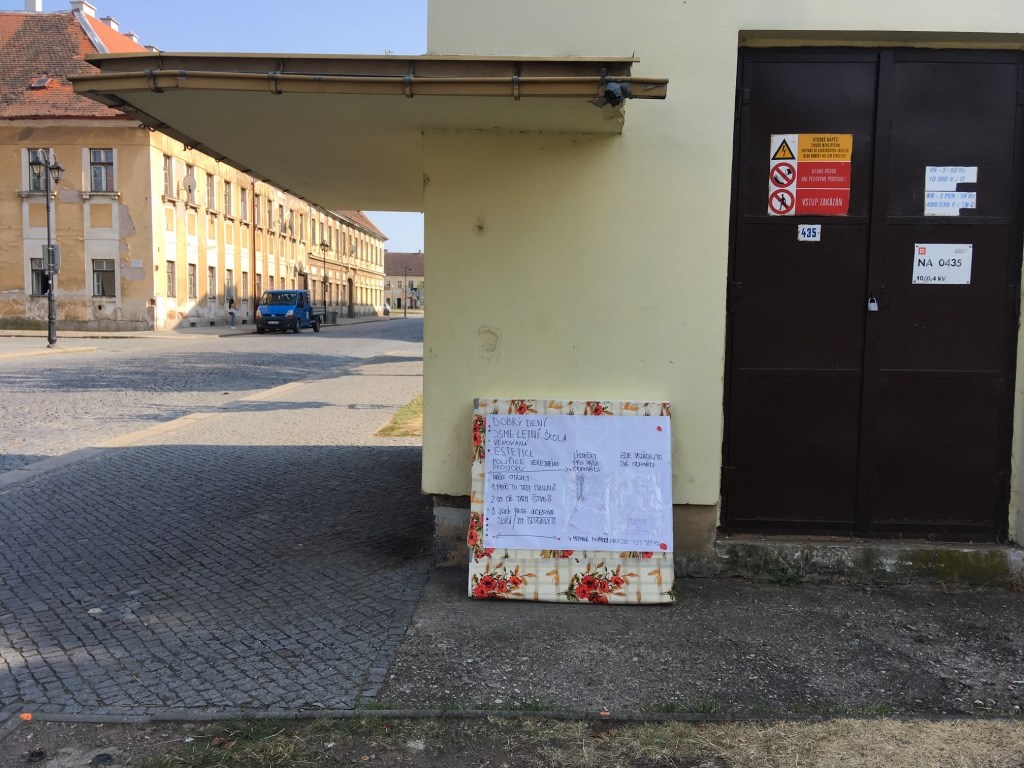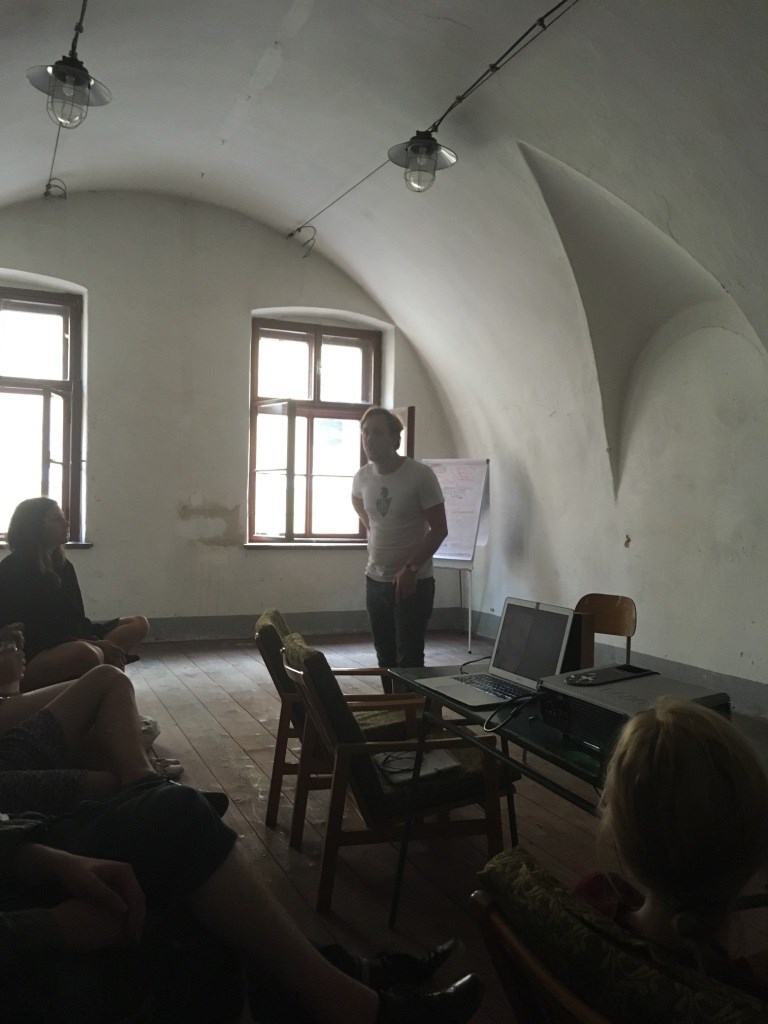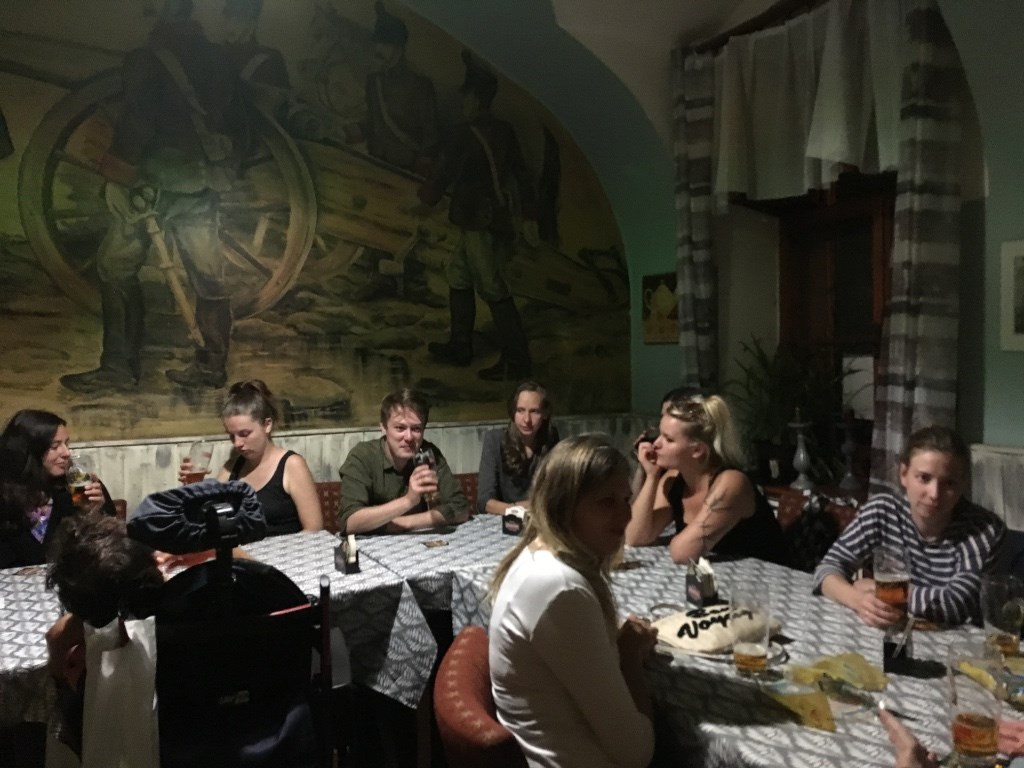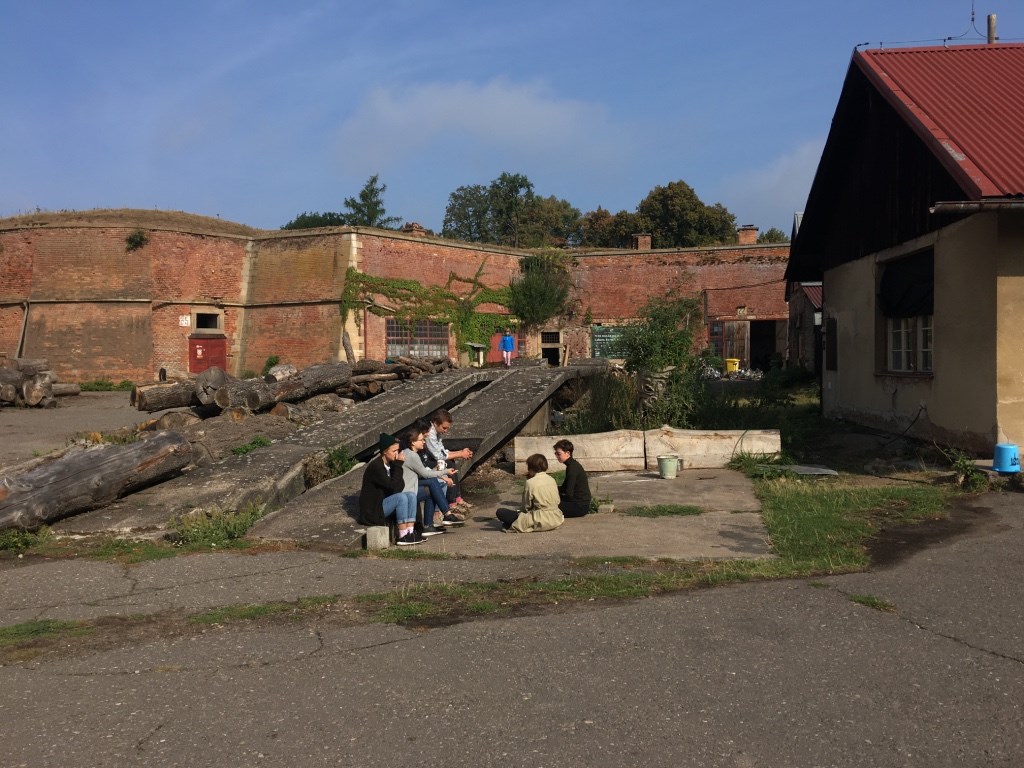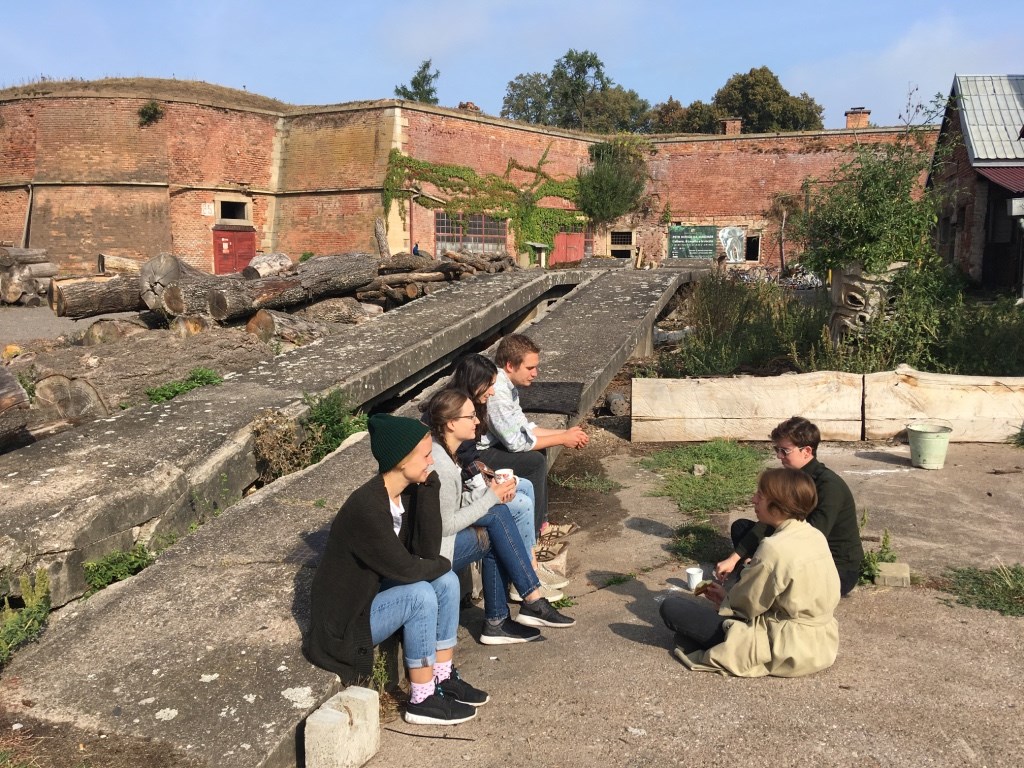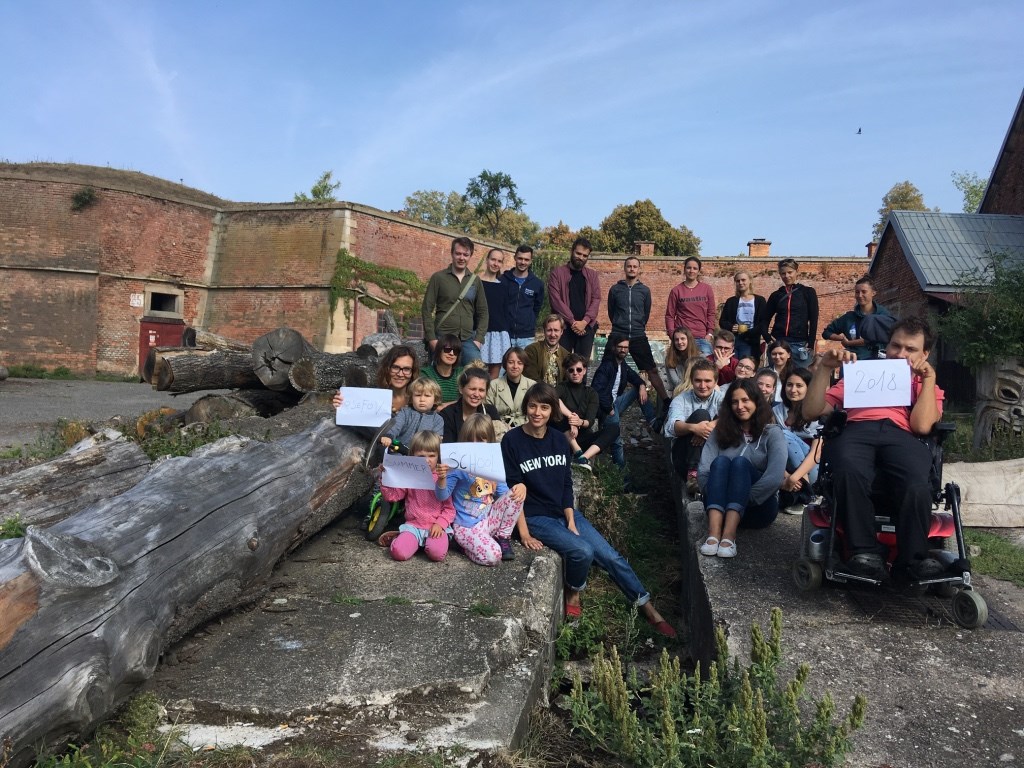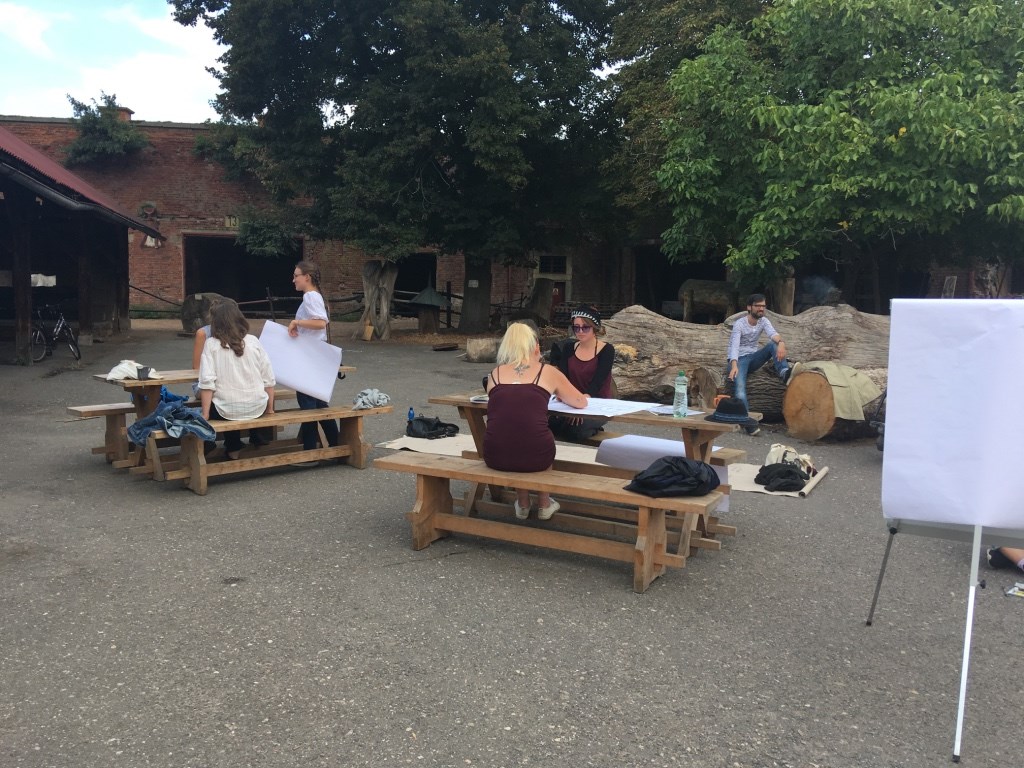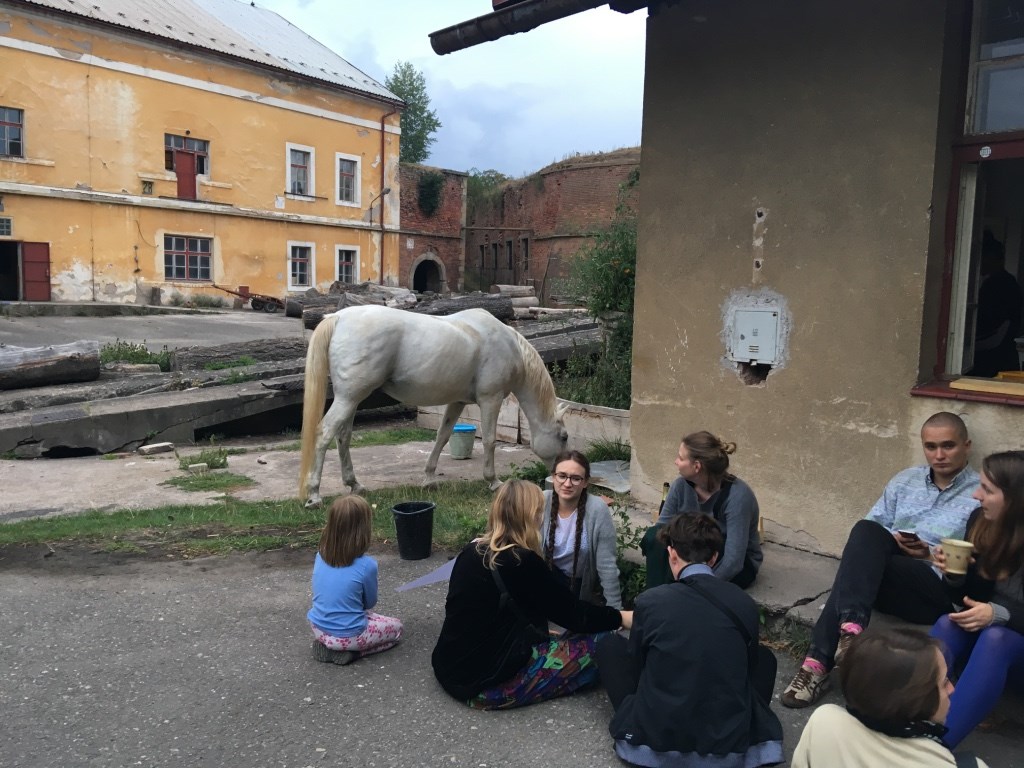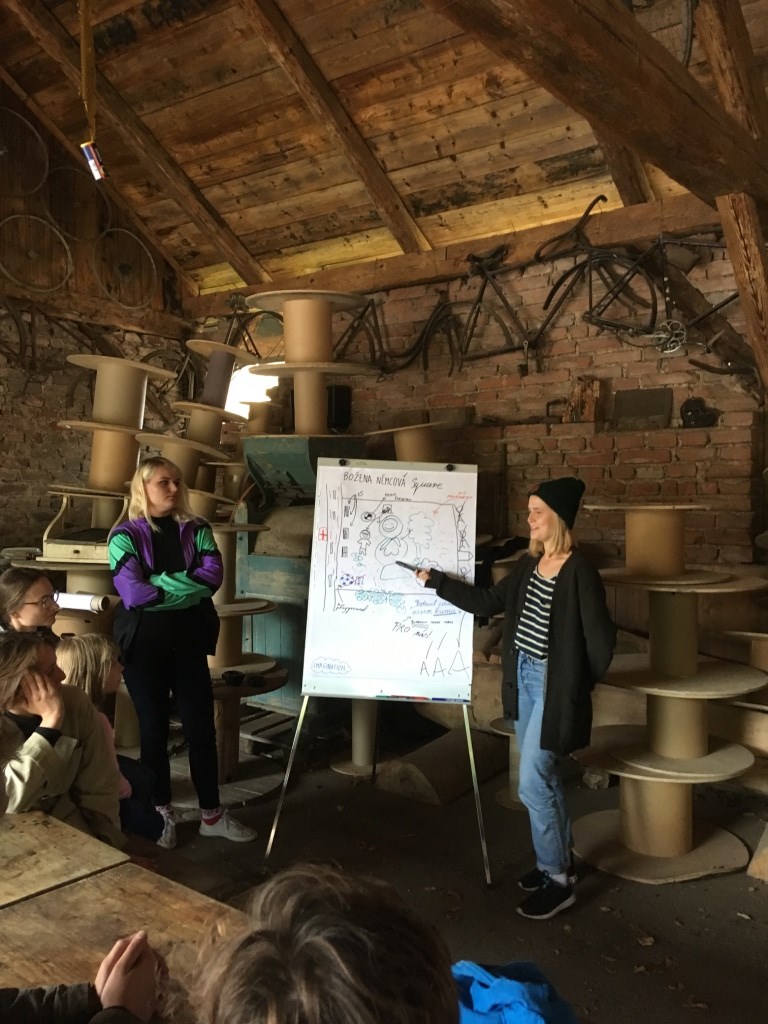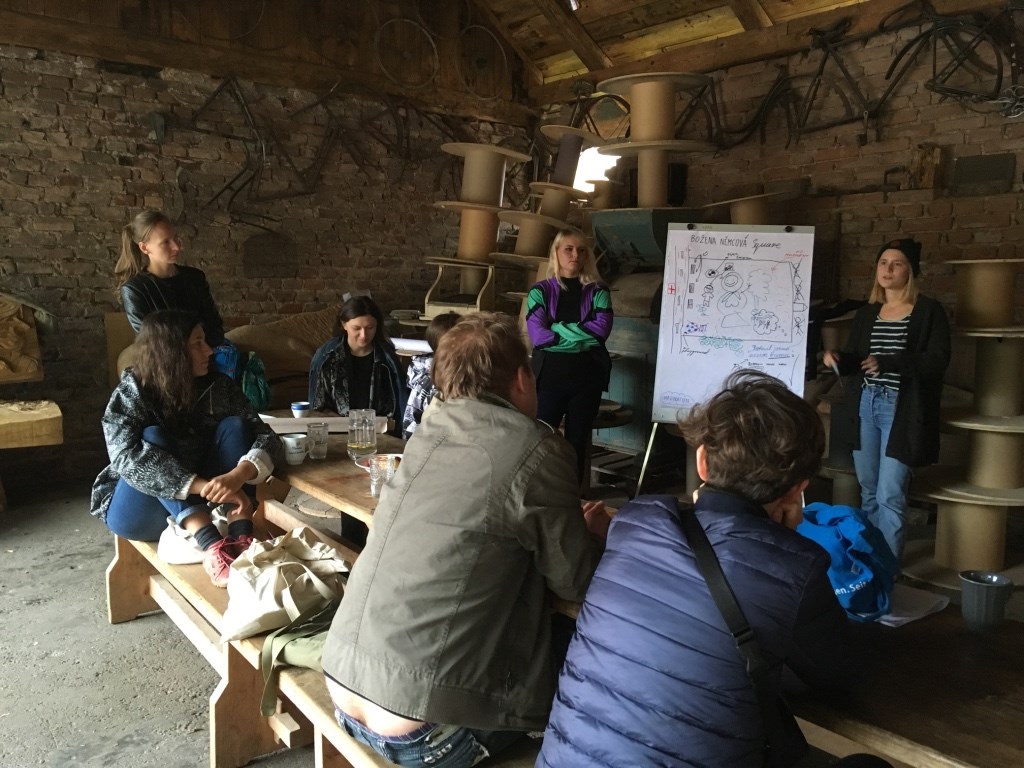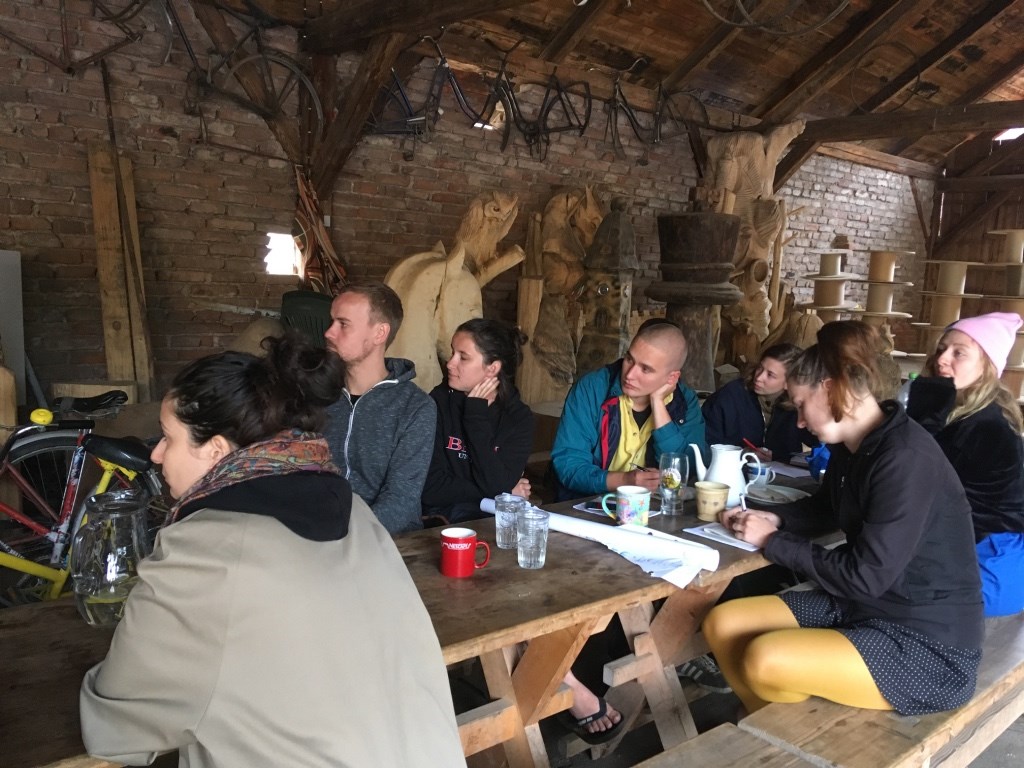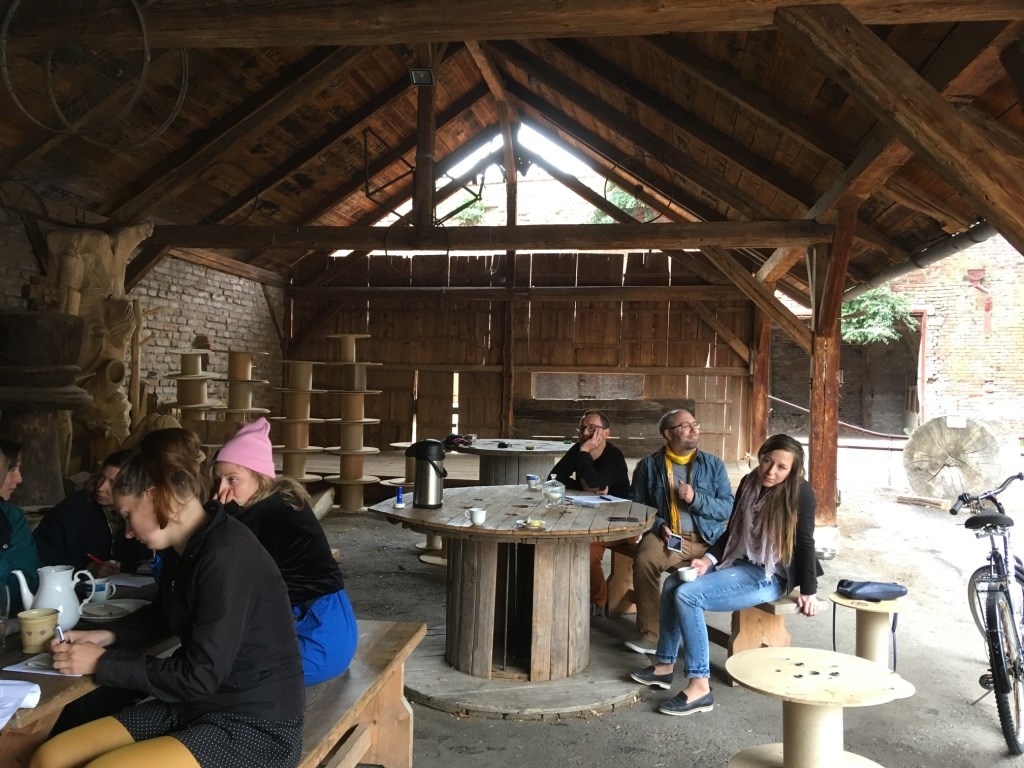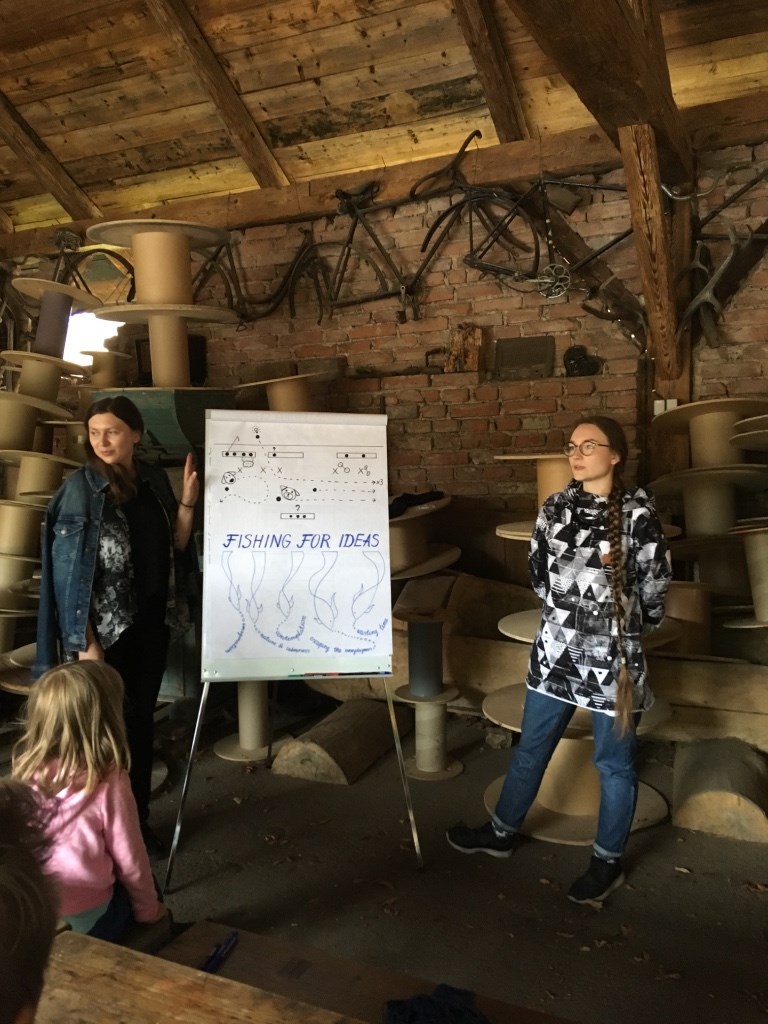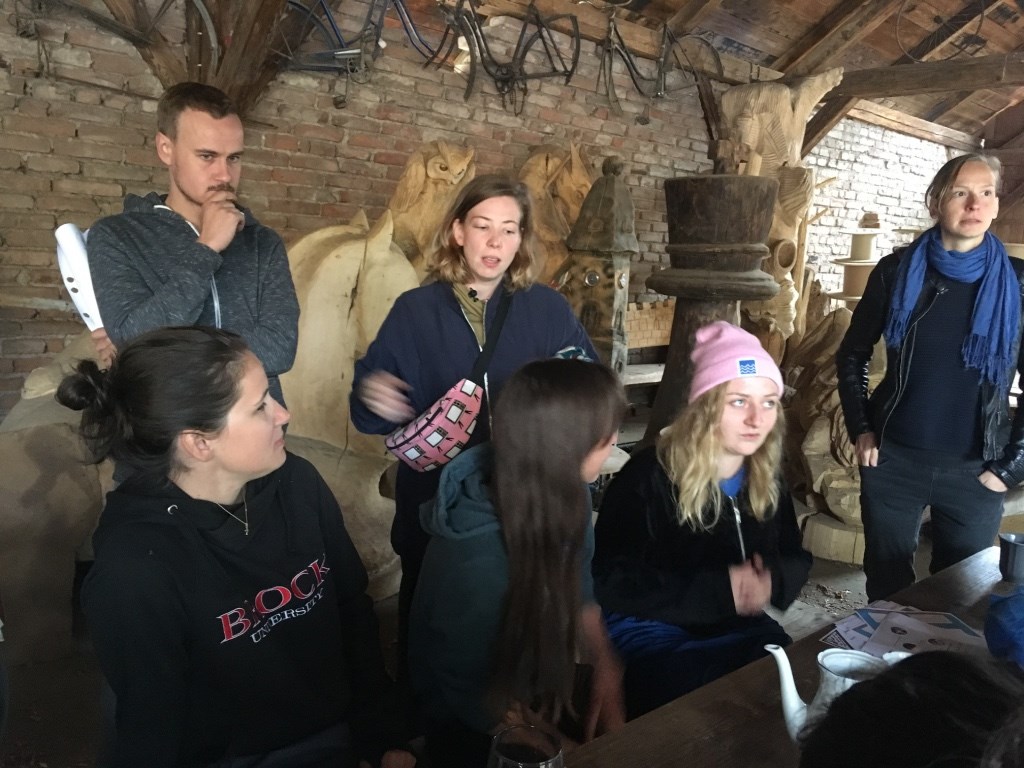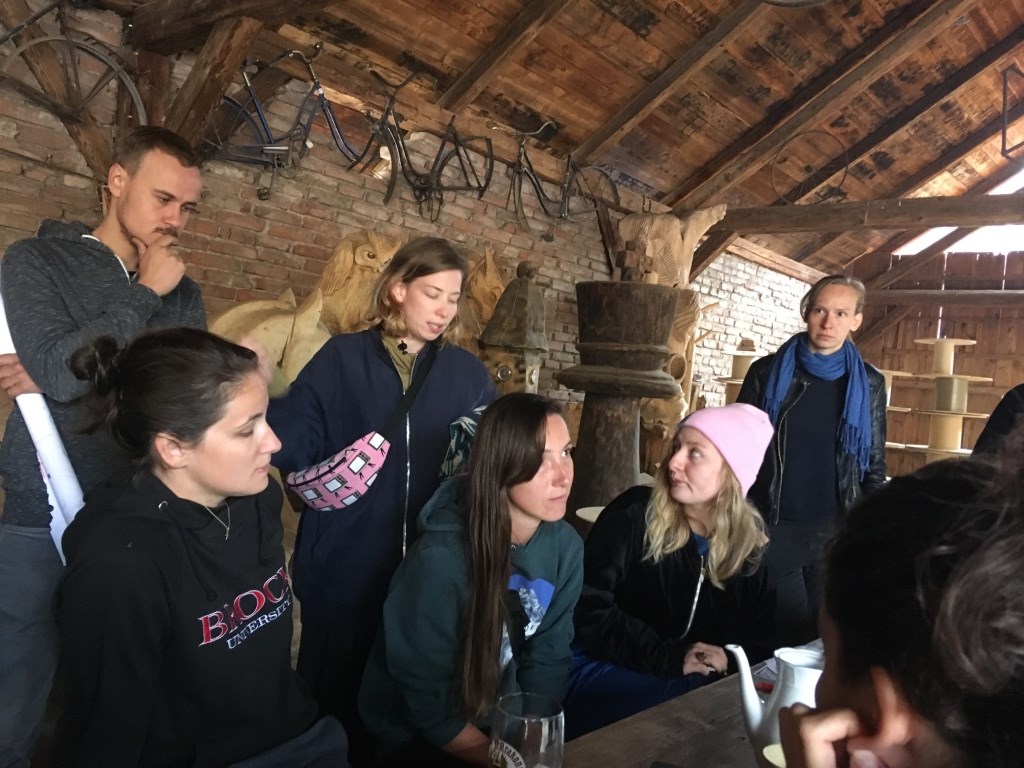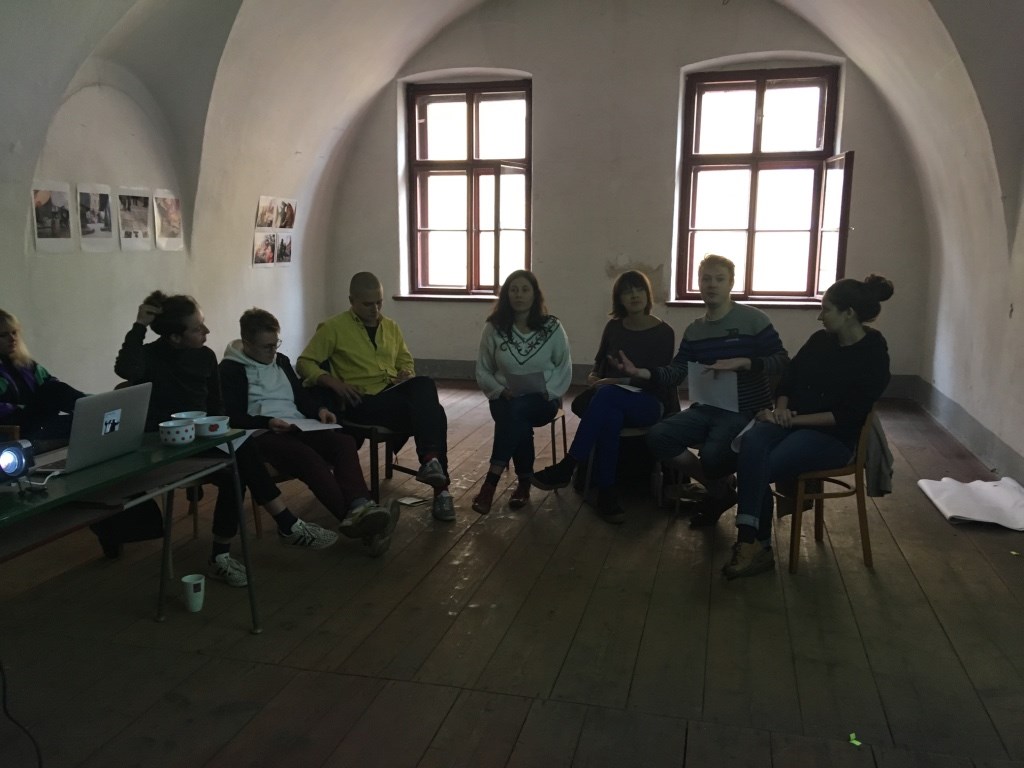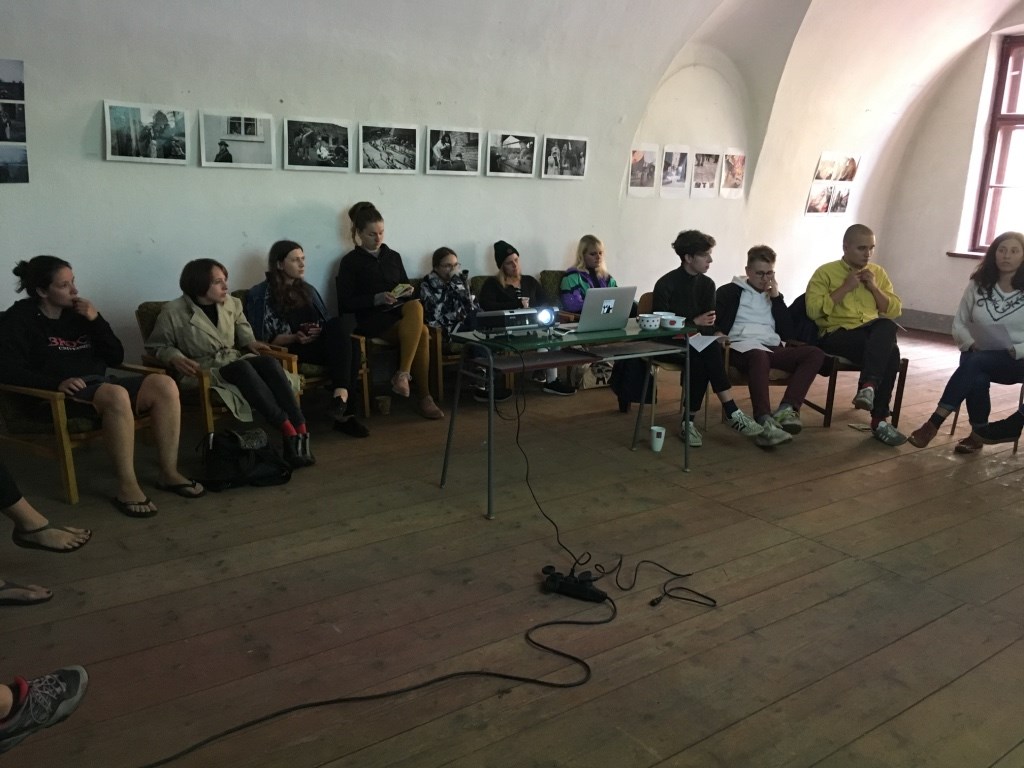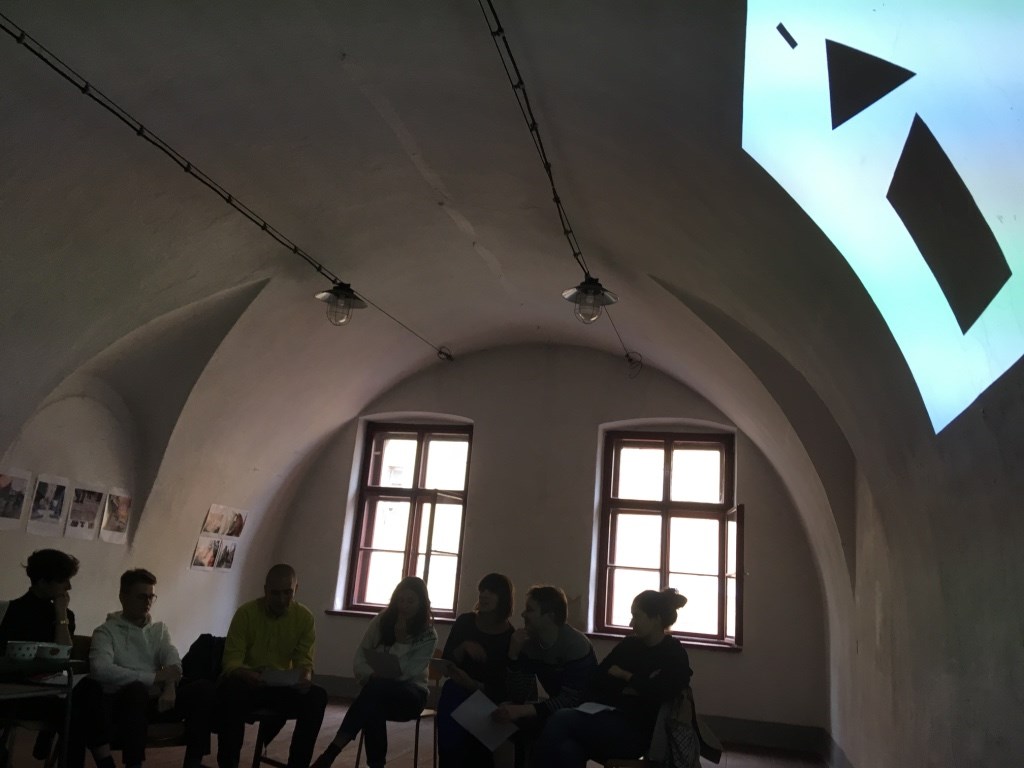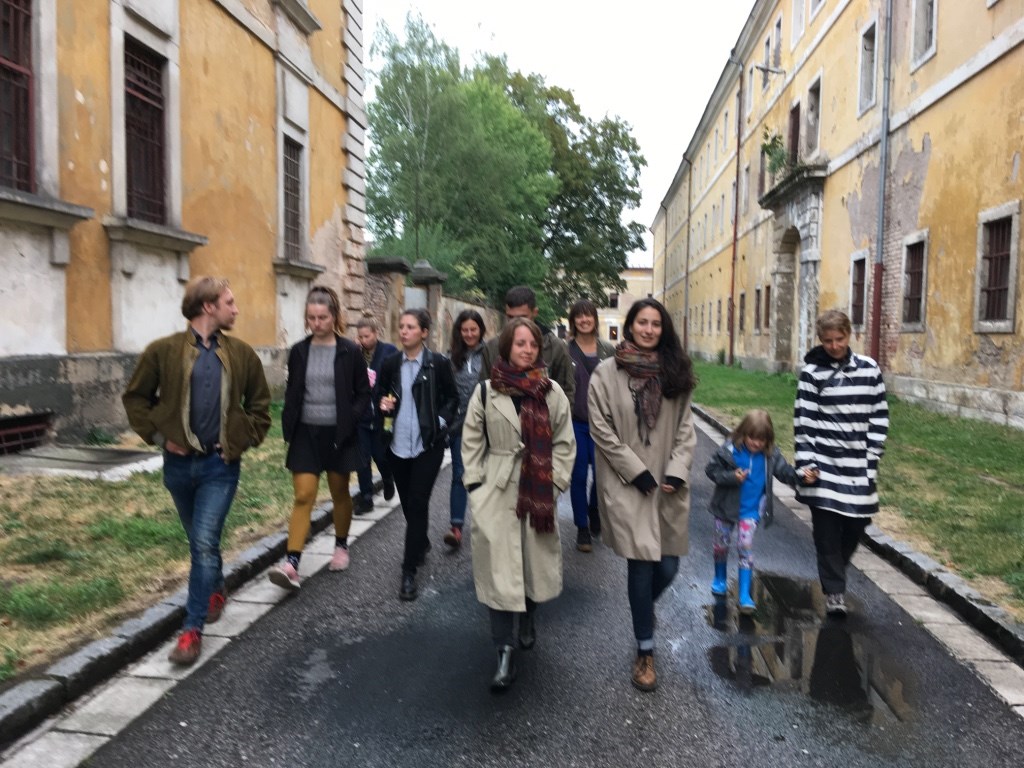Responsibility and Interactions in Public Space
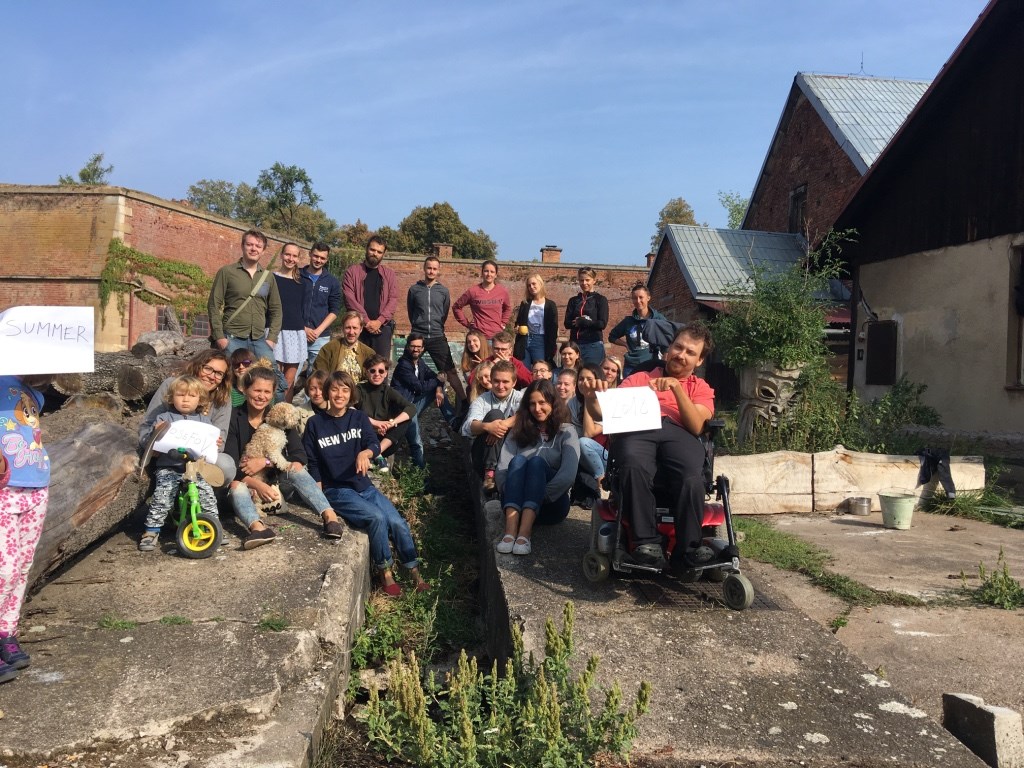
Ethics of Applied Cultural Anthropology
Pavla Burgos Tejrovská
Pavla studied Faculty of Education and teached for 4 years and then she continued with the university study of social anthropology in Mexico. Currently, as a member of the anthropological studio Anthropictures she is involved in applied social research and evaluations in the field of education and regional development led through community based approaches.
Linda Kovářová
Linda studied history and social and cultural anthropology. She studied and underwent her first research at Charles University, University of Bologna, Waseda University and University of Catania.
She gained experience in interdisciplinary applied research and projects focused on cultural identities, heritage issues and community led regional development.
Currently, as a member of the anthropological studio Anthropictures she promotes practical implementation of concepts of community coordination and interdisciplinary approaches in the context of the development of periphery regions in the Czech Republic.
The participants will learn the process and methods of an applied anthropological fieldwork from “A to Z”. They will learn to formulate the research targets and main questions, design the research, make interviews with local community members, carry out direct observations of the local community and involve the local community in their activity. By doing so, the participants will experience the influence and impact of themselves as researchers and of their research project activities on the local community.
The course will bring up and take to pieces a variety of practical examples of recent individual applied anthropological research projects from the Czech Republic into which the lecturers themselves have been personally involved. Some of the local community members who have experienced the impact of these projects will share their experience as guests as well.
(Re)building Communities
Alicja Rogalska
alicjarogalska.com
The aim of the workshop is to discuss the theoretical and methodological background of collaborative art, to reflect the role and the responsibility of artist working with local communities, the benefits and limits of this kind of work. The workshop will be based on practices: the participants will explore how to use various artistic forms and participatory methods in their own projects. The more detailed informations will follow soon.
Politics and Aesthetic of Wasting Time
Jan Motal
Jan Motal is art theorist, he works as a researcher at the Institute for Theatre Research, Theatre Faculty, Janáček Academy of Performing Arts, and as an associate professor at the Department of Media Studies and Journalism, Faculty of Social Studies, Masaryk University in Brno (CZ). In his
research he focuses on phenomenology and hermeneutics of art, religiosity in media and media ethics.
www.janmotal.cz
The Seminar aims to criticize the standard model of communication as process of information transmission and presents the dialog as the event of the encounter beyond the framework of the information paradigm. Archetypal and existential foundations of the interpersonal and intercultural dialogue will be explained and related to the concept of artistic creation as a production of dialogical situations. The stress will be laid on the critique of the (im)possibility of dialogue in everyday life, that is rhythmized by values of expediency and effectiveness, and on the analysis of the temporality of dialogue in public space. Therefore, participants are going to explore in the urban everydayness of Josefov the possibilities of the Flâneurie, aimlessness and coincidence as conditions for the construction of the dialogue situations. The theoretical basis and experimental field research of the urban space will be confronted with the discussion on possibilities of hacking of the mechanisms of expediency and effectiveness of the everydayness. For this debate, practice of the Situationist International will serve as a paradigm.
